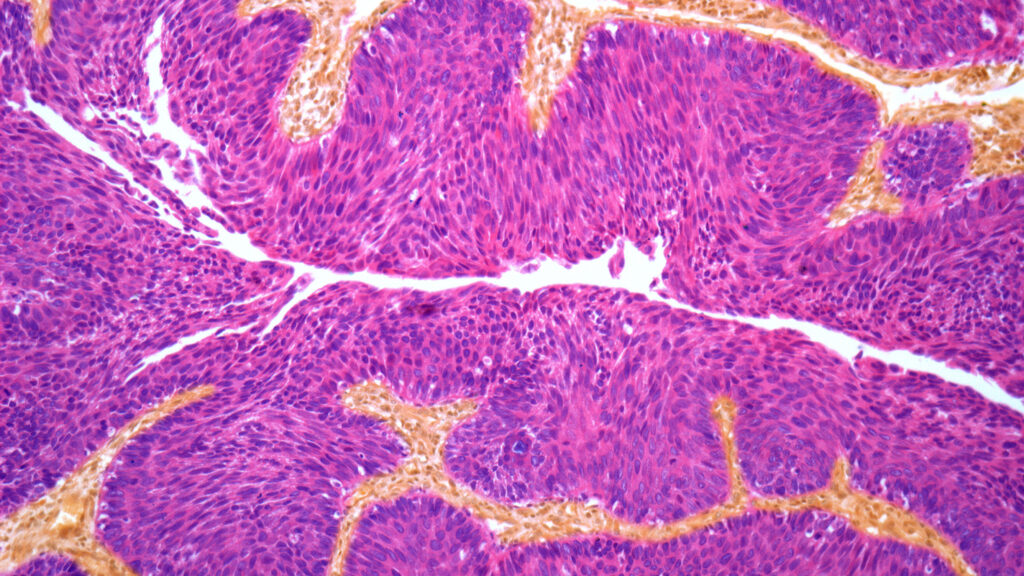BERLIN — For years, scientists have held out hope that tests that look for the molecular fingerprints of a cancer’s presence could help clinicians determine which patients need further treatment after surgery, and which can be considered truly cured after an operation. Perhaps, the thinking goes, those in the latter category could be spared from unnecessary, expensive therapies that can carry serious side effects.
A study presented here Monday bolstered the case that such tests, which detect circulating tumor DNA, or ctDNA, that cancer cells slough off into the blood, could be effective tools.
Researchers used the diagnostics to identify patients who appeared to have remnants of muscle-invasive bladder cancer left after surgery, and directed them to treatment. Those who tested negative were allowed to live treatment-free, and were ultimately found to be at low risk of recurrence.
STAT+ Exclusive Story
Already have an account? Log in

This article is exclusive to STAT+ subscribers
Unlock this article — plus daily coverage and analysis of the biotech sector — by subscribing to STAT+.
Already have an account? Log in
Individual plans
Group plans
To read the rest of this story subscribe to STAT+.

